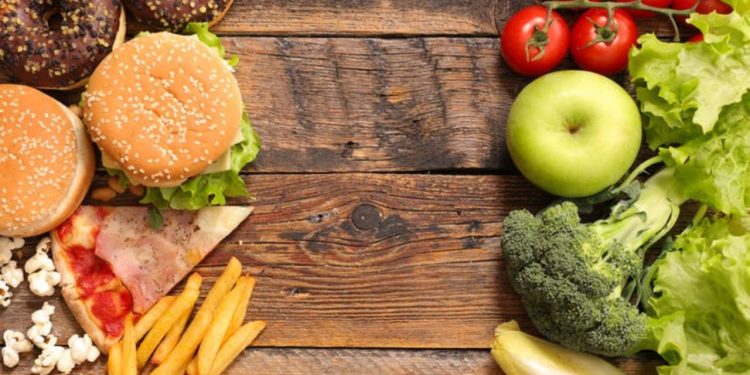Junk food has become a common part of many people’s diets in the modern world. Burgers, fries, sugary snacks, and soft drinks are readily available and often consumed in large quantities. This raises an important question: Is junk food addictive? The answer is not as straightforward as it may seem.
While junk food can be highly appealing and sometimes difficult to resist, the concept of food addiction is still a topic of debate among scientists and researchers. It’s essential to understand that the idea of food addiction is not the same as substance addiction, such as drugs or alcohol. Instead, it refers to the consumption of certain foods in a way that resembles addictive behavior.
Many people all over the world really enjoy eating junk food. They consume it daily and find it challenging to stop. It’s almost as if they’re addicted to it.
Experts suggest that junk foods like burgers, potato chips, and others can be just as addictive as harmful substances like nicotine and heroin.
Numerous individuals regularly consume junk food, prompting ongoing studies by scientists and experts to delve deeper into the subject.
According to The New York Post, foods like ice cream, cookies, sausages, soda, and burgers can have detrimental effects on your health. Consuming them can lead to issues like depression and even increase the risk of cancer, ultimately shortening your lifespan.
Natural foods, even if they are rich in fats and carbohydrates, are better for your well-being and do not harm your body. If you opt for homemade chips, you are less likely to become addicted. However, if you indulge in packaged chips, you might find yourself hooked.
In the end, it’s crucial to be mindful of our eating habits and aim for a balanced diet. Reducing the consumption of junk food and increasing the intake of nutritious, whole foods can lead to better health outcomes. While it may not be a classic addiction, the allure of junk food can be powerful, and understanding its effects on our bodies and minds can help us make healthier choices in our daily lives.
This article has been edited with the help of AI


